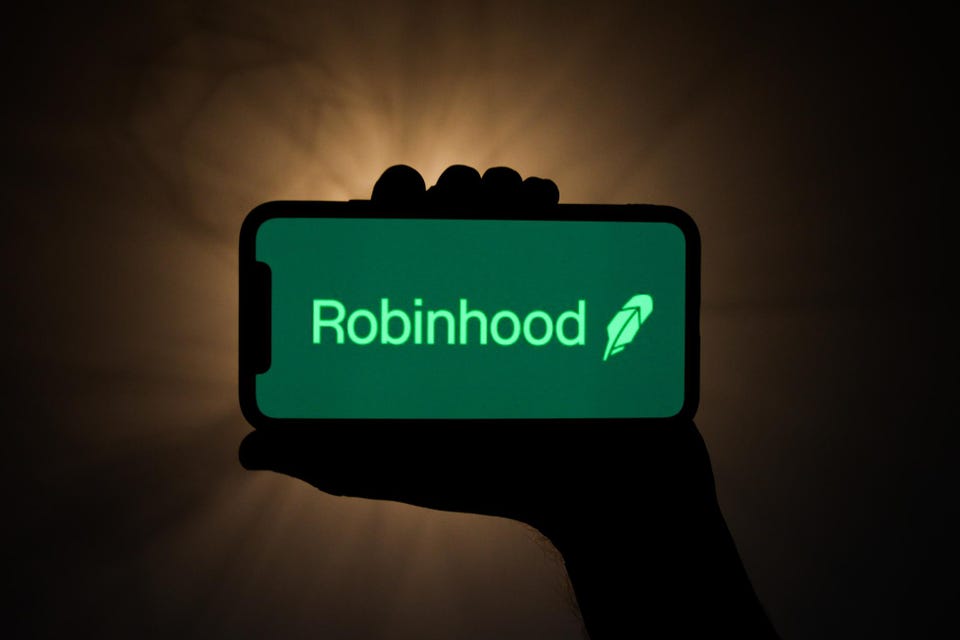
- IOTA supports the TWIN Foundationaround the Global trade worth $ 10 trillion using digital identity and To redesign tokenization.
- Pilot programs have already reduced the trading costs of up to 30 % in Africa and reduced weeks of delays.
A joint step towards modernizing the global trade infrastructure is from the IOTA in Cooperation undertaken with the recently founded Trade Worldwide Information Network (Twin) Foundation.
In the endeavor to make the 10-billion dollar sector of international trade more efficient, outdated paper-based systems that slow down the cross-border trade are to be abolished.
Not just billions, but trillions in value will be unlocked through our trade initiative @TWINGlobalOrg
Digitized trade data, self-sovereign identities for enterprises and governments, with all assets tokenized and ready to be financed onchain.
IOTA is here to bring the real… pic.twitter.com/O6Yk8jsqhK
– Dominik Schiener (@domschiener) June 18, 2025
Dominik Schiener, one of the co-founders of IOTA, emphasized the long-term goal of the project, which aims at the integration of on-chain financing, tokenized assets and self-governing corporate identities. The Twin Foundation, which was launched in May, sees itself as a non -profit organization that focuses on accessibility, clarity and efficiency.
Around 4 billion paper documents are transmitted worldwide to support international trade every day. In order to carry out these transactions, an average of 36 documents must be distributed to up to 24 participants, which leads to complexity, delays and excessive costs, especially for small and medium -sized exporters from underdeveloped countries.
This is exactly where Twin comes in. The open source infrastructure based on DLT is the best replacement for the traditional, error-prone and slow systems because it offers a high level of safety and low operating costs.
Twin Foundation uses proven technology from IOTA and Trademark Africa
The Twin Foundation is not a completely new startup, but has its origin in an advanced technology. The technological basis was derived from the commercial and logistics information pipeline (WLIP), a project that was initiated in the East African region by the IOTA Foundation and Trademark Africa.
The TLIP program was quite successful because it shortened the time for cross-border transactions. In this context, it should be mentioned that the Kenyan customs clearance could be shortened from weeks to day and that flower exporters received green light for the European markets after they found that fewer errors occur in the documents and fewer shipments are rejected. In addition, according to Trademark Africa, trading costs were reduced by up to 30 %.
On the other hand, the United Kingdom conducted tests to use Twin in its Ecosystem of Trust program. The tests focused on the adaptation of government and border authorities to the twin approach for data acquisition, which means that the process is tightened at control points and ports and possibly eliminated bottlenecks.
Twin Foundation defines Kühne Global Agenda for 2025
The foundation, which will soon have its headquarters in Switzerland, has drawn up ambitious plans for 2025 and beyond. This includes the worldwide use of the open source tools from Twin, the expansion of partnerships and the support of projects such as mission (optimization of maritime flows) and result (responsible food supply chains).
Organizations such as the Chartered Institute of Export and the Tony Blair Institute have joined the initiative, since they consider Twin not only as a technological contribution, but also as a change in relationships between governments and companies in the trading sectors. The Global Alliance for Trade Facilitation (Global Allianz for Commercial Effect) sees a decisive contribution to strengthening trust and transparency.







No Comments